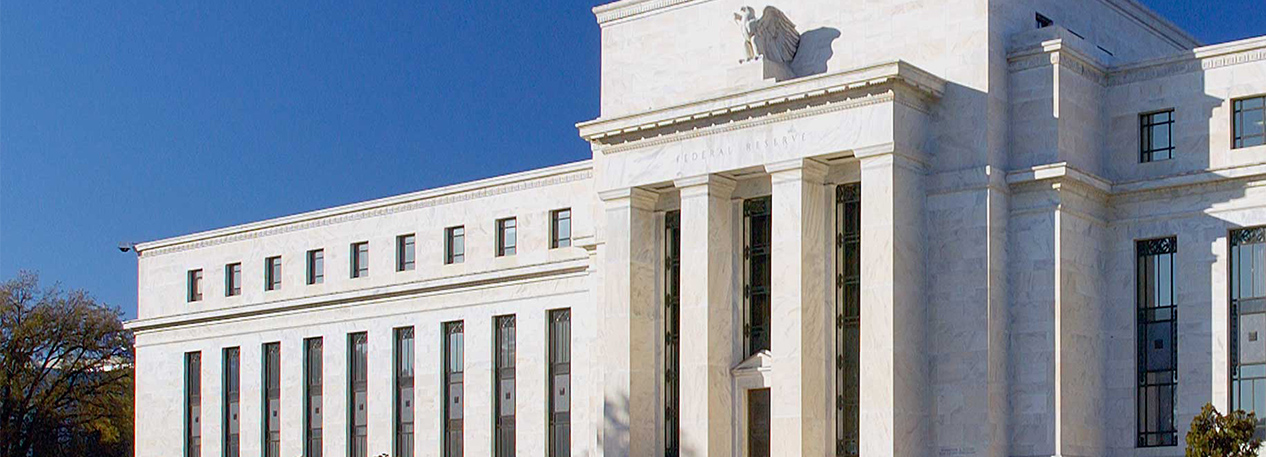As long as the U.S. economy is growing steadily and inflation is low, few people give much thought to the Federal Open Market Committee, or FOMC, the group within the Federal Reserve System charged with setting monetary policy. Yet, when economic volatility makes the evening news, this Committee and its activities become much more prominent. Investors and workers, shoppers and savers all pay more attention to the FOMC's decisions and the wording of its announcements at the end of each meeting.
Why? Because the decisions made by the FOMC have a ripple effect throughout the economy. The FOMC is a key part of the Federal Reserve System, which serves as the central bank of the United States. Among the Fed's duties are managing the growth of the money supply, providing liquidity in times of crisis, and ensuring the integrity of the financial system. The FOMC's decisions to change the growth of the nation's money supply affect the availability of credit and the level of interest rates that businesses and consumers pay. Those changes in money supply and interest rates, in turn, influence the nation's economic growth and employment in the short run and the general level of prices in the long run.
As a result, many people have good reason to wonder about who makes these decisions about monetary policy and how they make them. In these pages, we will eliminate some of the mystery surrounding what goes on at the FOMC meetings in Washington, D.C.

